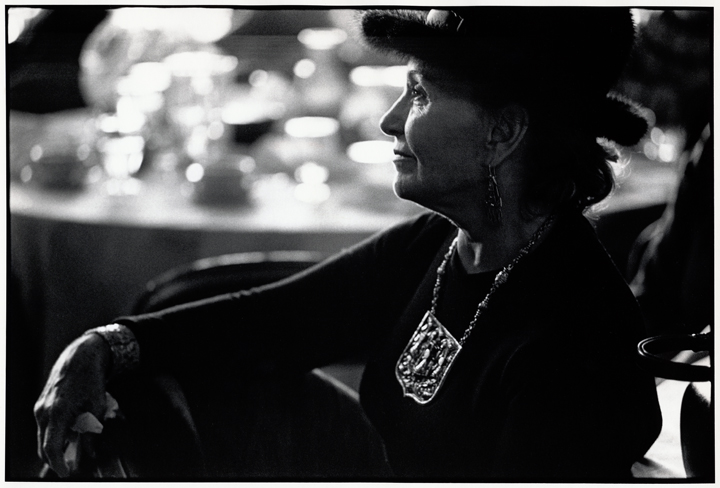
From day one a newborn seeks power, some type of leverage to effect the environmental conditions it is willing to put up with while undergoing the stress of growth and development. Its tools? Kicks, screams, cries, and the occasional gurgle of delight to which adult caregivers respond with compulsory attentiveness. All that is needed is patiently gathered and lovingly laid before the willful infant. As development progresses, the quest for power continues. A parent manipulates a ball, the infant seeks to manipulate the ball. A sibling is seen to walk, the infant struggles to walk. All manner of sounds are repetitively imitated for their ability to effect parental behavior: mom ..., MOM!! ... And mom hops to. Parents talk of "raising their children". More exactly, children exploit their parents through the exercise of acquired power. At some point, children begin to understand that membership in certain groups can be a source of a new and different kind of power. Membership in such groups convey privilege. Seemingly without having to do a thing, a new order in the environment begins to take shape: doors open, choices arise, responsibilities narrow, bounty is shared. But lose membership in that group and privilege disappears. At the point of such realization moral development begins: what is the child willing to do or sacrifice to maintain membership? To maintain privilege? Moral development requires turning acquired power inward. Privilege exacts a price. The child lashes, muscles, tortures itself into productive activity aimed at maintaining and enhancing membership and privilege. The result is character. Within certain groups, worthy character is given recognition in the form of status. Superior character may warrant elevated status. However, the qualities by which character is evaluated are relative to the group. What is regarded as superior for one group may be deplored or ridiculed within another. Rejection is consequential with respect to very specific forms of status and privilege. Choice bears heavily upon the child's shoulders and tempers his or her moral development. But it is also true that parents and the larger society have a hand in what groups offer membership to the maturing child. We should hardly be surprised if our children choose membership in gangs, terrorist cells, or cults if gangs, terrorists cells, and cults are the only groups offering membership carrying intriguing privilege. The truly ugly part of many types of membership is that status and privilege are maintained by snobbish prideful exclusion. The pathway to membership is annoyingly not equally open to all. Such groups seize power from us all and use it to divide us one from the other. By their actions we cease to be a purposefully cohesive mutually supportive group of diverse but entirely admirable characters. Instead, we are pitted one against the other, members against non, along wholly arbitrary self-serving lines of divisiveness. Perhaps we should think about seizing power back from such groups. Revolution will always be the antidote to annoyingly snobbish exclusivity. |
• Posted: Apr 18, 2008 13:49:35
• Comments Welcome
• Vote CoolPhotoblogs
• Purchase a Print
• Share
January 1972 Chicago IL USA |